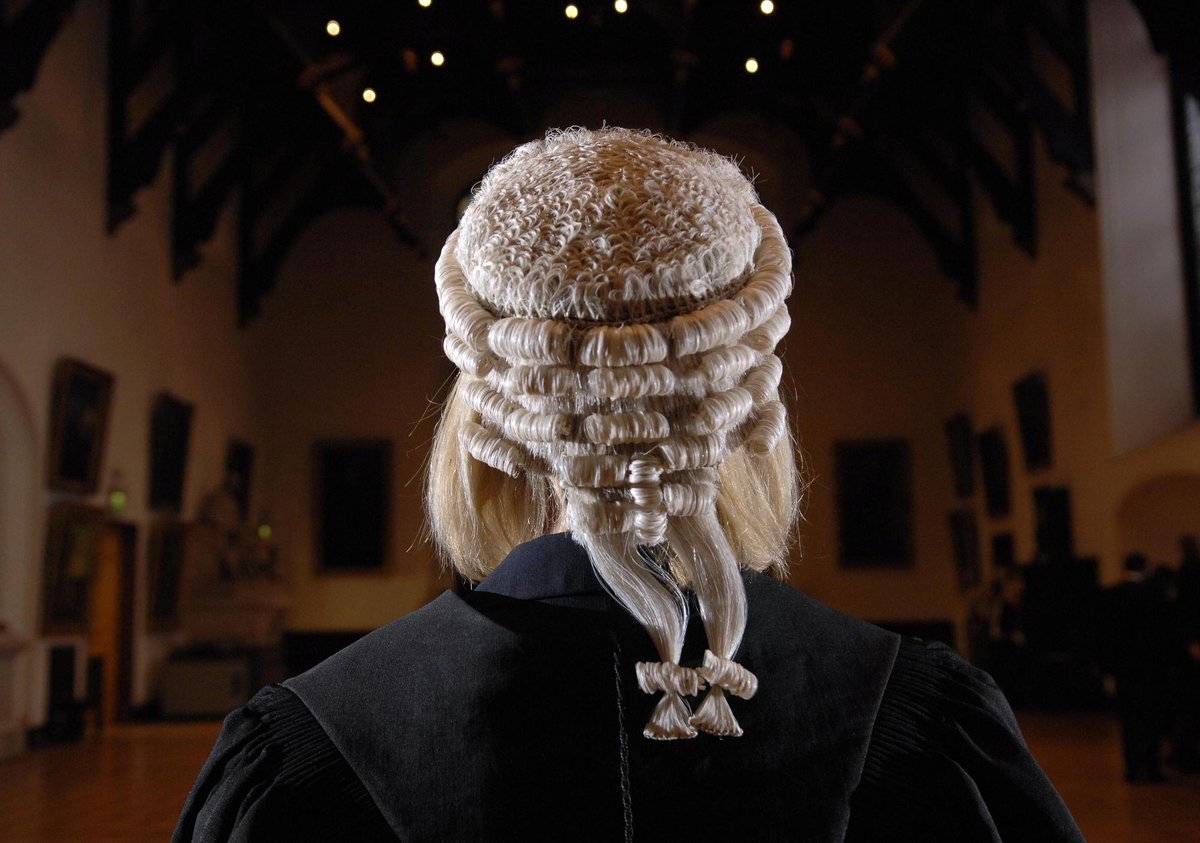By David Bol
Copyright scotsman

Scotland’s unique legal structure will undergo its biggest overhaul, arguably in almost 200 years, after MSPs voted to abolish the controversial “not proven” verdict and place “victims and witnesses at the heart of a modern and fair justice system”. A rape victim, who alongside Rape Crisis Scotland, sparked the campaign to abolish not proven, has insisted the move has “given survivors and their families back their voice” – amid concerns by legal professionals over the “increased potential for miscarriages of justice”. The Scottish Parliament voted 71 to 46 in support of the SNP government’s wide-ranging Victims, Witnesses and Justice Reform (Scotland) Bill which includes scrapping the not proven verdict and increasing the threshold for a jury to convict someone from a simple majority to a two thirds decision. SNP Justice Secretary Angela Constance said her legislation will chart “radical improvements to how sexual offences are dealt with” as she stressed campaigners should “feel a sense of pride and achievement” as she insisted the law will place “victims and witnesses at the heart of a modern and fair justice system”. She added that her “landmark bill of reforms” will bring about “fundamental and meaningful changes” for victims and ensure the “rights of the accused continue to be protected”. READ MORE: What is in SNP’s Victims, Witnesses and Justice Reforms Bill? ‘Not proven’ verdict, sexual offences court The Bill also includes the establishment of a sexual offences court, an independent victims and witnesses commissioner for Scotland will be set up and victims of sexual offences and other specified crimes including human trafficking and modern slavery will now receive an automatic lifelong right to anonymity. Contempt of court rules will be relaxed to allow research to take place into jury attitudes amid fears, first revealed by The Scotsman, over the prevalence of rape myths – a move Ms Constance told MSPs she will “commission as a priority”. Initial plans to allow a juryless pilot in rape trials were scrapped by SNP ministers following a backlash by legal professionals and a rebellion by SNP MSPs. But Scottish Conservative justice spokesperson, Liam Kerr, warned the legislation “misses so many chances to do much more” as his party refused to back the legislation, despite supporting the abolition of the not proven verdict. He added that the “headline reforms are deeply flawed”, claiming the sexual offences court will be “little more than a sign on a door”. Mr Kerr said that the legislation “does do some good things”, but branded it a “half-baked bill (that) sells the victims of crime desperately short”. He said: “It is a victim’s bill in name only and represents a massively missed opportunity to truly put victims at the heart of justice.” Scottish Labour justice spokesperson, Pauline McNeill, said that “the real test will be the transformative change for victims that the government promises”. But she added: “A lot of what we’ve heard is the government asking us to trust that we’ve got it right, but we don’t have any evidence that they do.” SNP MSP backbencher Christine Grahame, who did vote in support of the Bill, warned she was “unconvinced” by some of the measures in the legislation and had concerns about abolishing the not proven verdict. READ MORE: SNP escape row over sexual offences court as MSPs poised for vote to abolish ‘not proven’ verdict Despite the not proven verdict being abolished, in part, to better support the outcome of survivors and victims, a leading charity has warned that a move to increase the threshold of a jury majority could worsen Scotland’s already-low conviction rate for rape. Rape Crisis Scotland chief executive, Sandy Brindley, said: “Whil the Bill takes many positive steps, we have serious concerns about the increase to the jury majority and the negative effect that this will almost certainly have on rape and sexual offence cases. “Conviction rates are already terrifyingly low, and many police reports don’t make it to court. Meanwhile, research shows a reluctance to convict rape cases and deep-rooted prejudices around sexual violence affect public attitudes and jury decision-making every day. An increased jury majority will undoubtedly make survivors’ fight for justice even harder.” In 2019, a sheriff in a civil case ruled that Stephen Coxen had raped a woman, known as Miss M after a night out in Fife in 2013 and ordered him to pay her £80,000. This came after Coxen had previously faced a criminal trial but the case was found not proven. Speaking after MSP voted to abolish the not proven verdict, Miss M said: “Today the removal of the not proven verdict has given survivors and their families back their voice. “We have all spoken up about how damaging this verdict is. Today we have been listened to and the improvements to the legal system are going to make it fairer and clearer going forward.” But Scotland’s legal professional body has repeated concerns that moving to a two-verdict system could heighten risk of miscarriage of justice. Stuart Munro, convener of the Law Society of Scotland’s criminal law committee, said: “We are disappointed our serious concerns are not reflected in the final legislation approved by MSPs, and apprehensive for the increased potential for miscarriages of justice as a result of changes not backed by research or experience elsewhere. “The fundamental purpose of any criminal justice system is to convict the guilty and acquit the innocent. We’re moving from a system with a proven track record of achieving that outcome to one which is entirely untested and does not exist in any equivalent legal system anywhere in the world. READ MORE: MSPs warned not to ‘cheapen guilty verdict’ as not proven to be scrapped amid jury majority fears “Every legal system with a two-verdict system requires a unanimous or near unanimous jury to convict, whereas Scotland will now have a system where a person can be convicted despite five members of the jury having significant doubts about their guilt.” Lib Dem MSP Jamie Greene’s so-called Suzanne’s Law amendment will compel parole boards to take into account the perpetrator’s failure to disclose their victim’s remains. The law is named after Suzanne Pilley who whose body is believed to have been buried in a remote part of Argyll following her murder in 2010 but the location of her remains has never been revealed by her killer, David Gilroy. Arlene Fraser disappeared in Elgin in 1998. Her husband Nat Fraser, was found guilty twice of her murder, but her body has never been found. In a statement following the legislation being passed, Carol Gillies, sister of Arlene Fraser, and Gail Fairgrieve, sister of Suzanne Pilley said: “We have done everything possible to make this change to parole in memory of Arlene and Suzanne, and for other people who have lost their lives in such a horrific way. “For our families, the passing of this Act and the change to parole are momentous.” Kate Wallace, chief executive of Victim Support Scotland, said the legislation was “a significant step towards creating a system that considers and prioritises the needs of people impacted by crime”.



